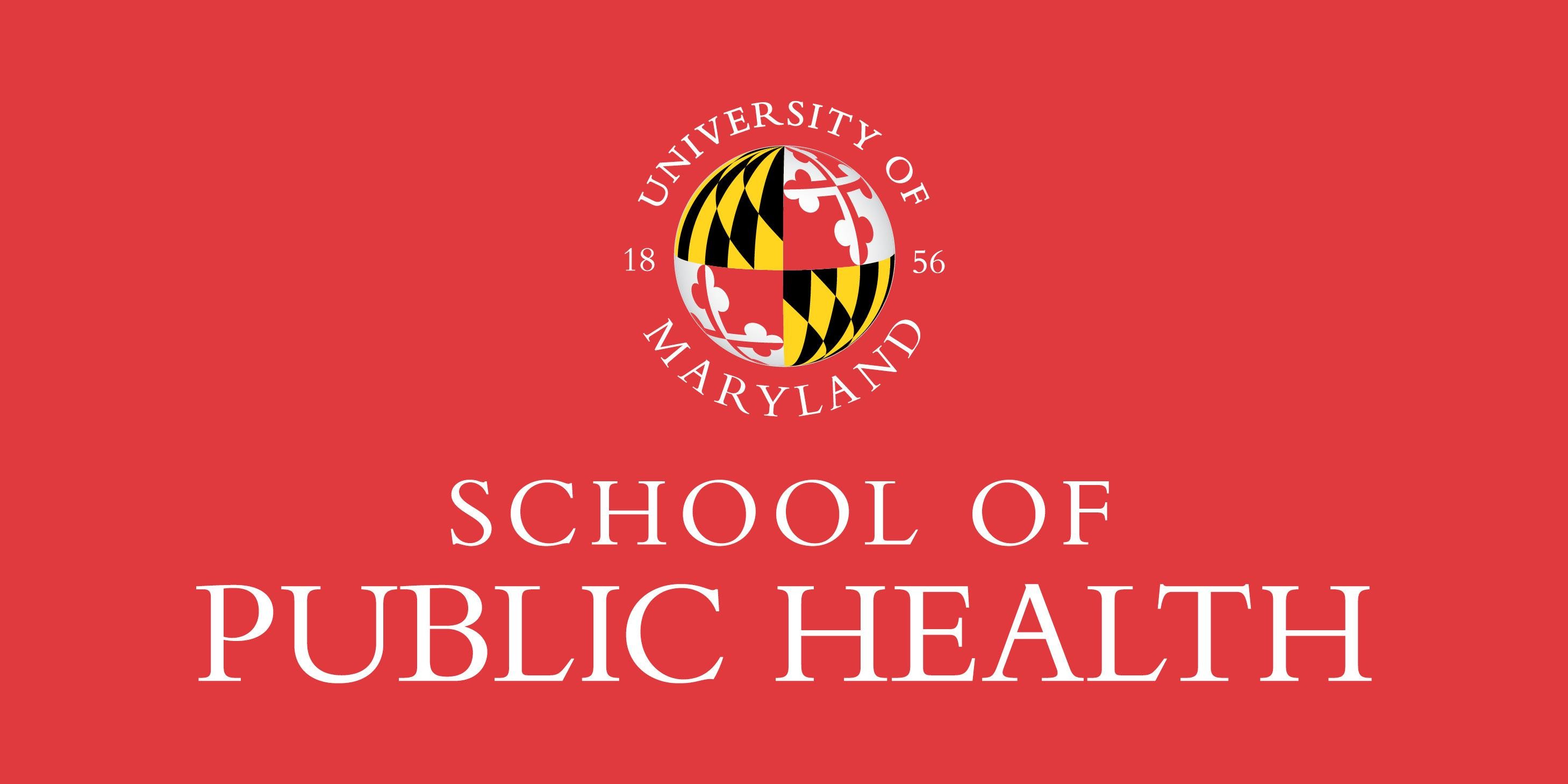
Financial stresses can squash a relationship as thoroughly as stomping on a Valentine’s box of chocolate—and Emily Garcia’s* metaphorical box was looking more than a little crumpled.
Garcia and her husband, who works in finance and handled the money in their marriage, had begun to argue when finances got tight.
“With two completely different cultures, nationalities and backgrounds, he had his way of dealing with money, I had my way,” García said. “And it just got out of control.”
Then the parents of two children enrolled in the Together Program, a free six-week course for couples designed to improve communication and problem-solving skills on financial conflicts. Since its 2016 launch, 466 couples have enrolled in 122 workshops in 10 locations throughout Maryland and Northern Virginia.
Mariana Falconier, associate professor of family science in the School of Public Health, and Jinhee Kim, a professor who studies financial management and family well-being and is assistant director of the University of Maryland Extension’s Family & Consumer Sciences Program started the program with colleagues at Virginia Tech after they secured a $2.5 million grant from the U.S. Department of Health and Human Services Administration for Children and Families.
Falconier researches how couples deal with stress, primarily economic and immigration stress in Latino couples. She and Kim developed courses that explore the participants’ perspectives, habits and attitudes about money.
“With that understanding, they are in a better position to promote mutual understanding and work together through things,” Falconier said.
Each course is led by a couples therapist and financial counselor, who teach cash and credit management, savings and investment, budgeting, and coping strategies to deal with conflict.
Case managers connect couples to resources, like employment, mental health, medical, housing, food and legal services. The Together Program also offers courses in Spanish called “Juntos en Pareja.”
Over 40% of participants in the Together Program make less than $2,000 a month, and nearly 60% make less than $3,000 a month. Over half of the participants have been African-American. Ninety-nine percent of participants said the program helped, and two-thirds said it helped them “a lot."
Funded by a five year ($2.5M) grant from the US Department of Health and Human Services Administration for Children and Families, the program is also a research study in which services are provided to an intervention group, while other couples belong to a control group that does not participate in the workshops though they do receive some financial literacy training.
Among the intervention group, surveys showed a reduction in symptoms of depression and anxiety, stress, negative conflict management, psychological aggression and physical assault. Participants also reported improved relationship satisfaction, more time spent with their partner and the use of positive strategies to deal with stress.
The researchers say they’re gaining new insights into helping couples navigate difficult relationship obstacles, too.
“Every week we learn something new, something we can do differently,” Falconier said. “For me, it has been a great learning experience.”
*Garcia's name has been changed to protect the family's privacy.